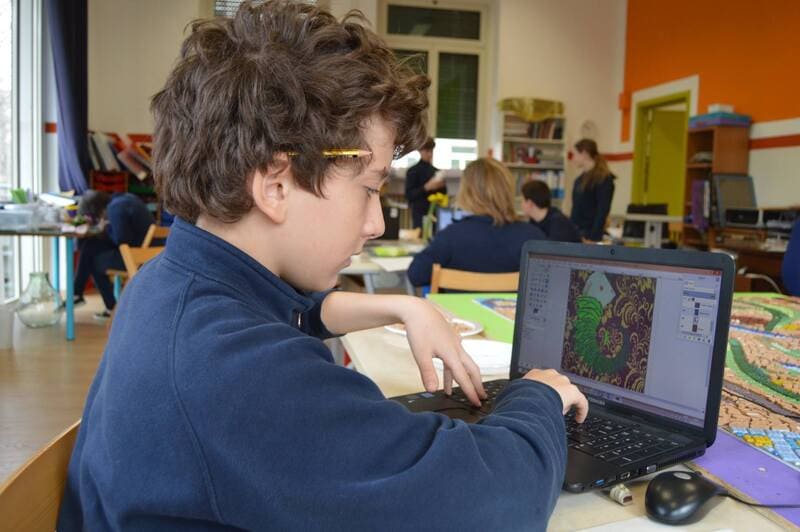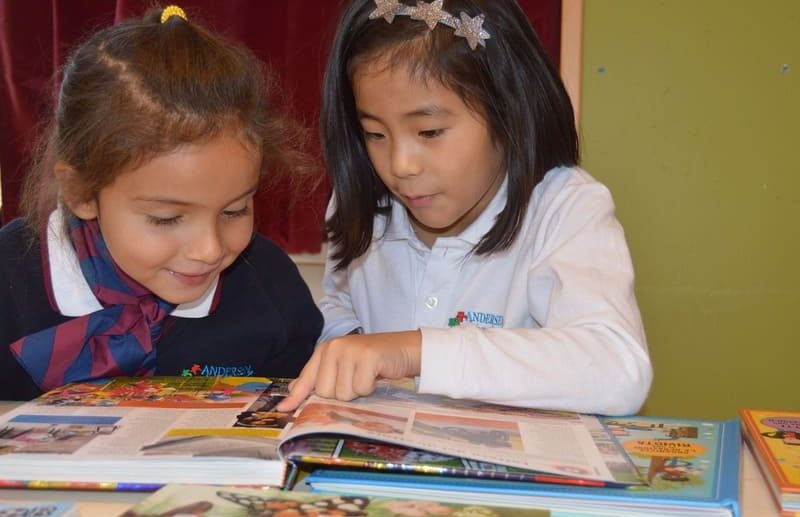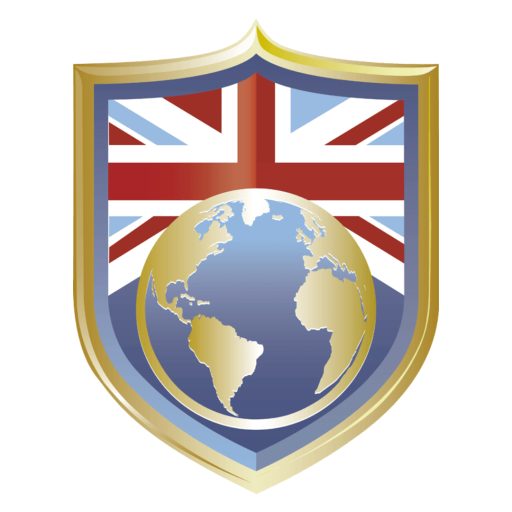Home » Key Stage 1
Key Stage 1
In Key Stage 1 (years 1 and 2) children range from 5 to 6 years of age.
Our school proudly offers a prestigious British Curriculum that combines academic brilliance with a commitment to promoting equality in education.
Recognized by the Ministry of Education (MIM), we strive to provide an exceptional learning environment that nurtures well-rounded students.
Our teaching staff, consisting of highly qualified and native English-speaking educators, is dedicated to fostering a holistic educational experience. With a student-centered philosophy, our organization is designed to cater to the unique needs and aspirations of each student.
Our educational program goes beyond traditional academics. We aim to shape students into well-rounded individuals through a comprehensive curriculum that emphasizes critical thinking, creativity, and personal development. With a focus on academic excellence, we also promote character building, social skills, and global citizenship.


Our commitment to equality is deeply embedded in our educational philosophy. We celebrate diversity and ensure that every student feels valued, respected, and included. Our inclusive learning environment fosters a sense of belonging and promotes a multicultural understanding among students.
Through a combination of innovative teaching methods, state-of-the-art facilities, and a supportive community, we provide a platform for students to explore their full potential. We offer a wide range of extracurricular activities, including sports, arts, and clubs, to encourage students’ talents and passions.
With our excellent academic reputation, dedication to equality, and student-centered approach, we aim to empower our students to become confident, compassionate, and successful individuals. Join us at the International Elementary School, where education knows no boundaries, and every child can thrive!

School subjects
English language is the medium through which all subjects are taught.
It is our language of instruction and pupils are introduced to some of the main features of spoken standard English.
In English, during Key Stage 1 pupils learn to speak confidently and listen to what others have to say. They work in small groups and as a class, joining in discussions and making relevant points. They begin to read and write independently and with enthusiasm.
Teaching ensures that work in ‘speaking’ ‘listening‘, ‘reading‘ and ‘writing‘ is integrated.
Pupils are stimulated in participating in drama activities, where they can improve the use of Standard English and use language in imaginative ways, express also their ideas and feelings.
Drama helps boost confidence, releases creativity, train spatial awareness, increases social skills and improves the use of Standard English.
Children also practise their problem-solving skills as they take part of role-play, improvisations and performances.
Children learn to present their work in front of an audience, becoming more confident as they are free to express their creativity in a fun and stimulating environment.
Pupils are taught to join in as members of a group discussion.
To join in as members of a group, pupils are taught to:
- take turns in speaking
- relate their contributions to what has gone on before
- take different views into account
- extend their ideas in the light of discussion
- give reasons for opinions and actions
The principal focus of mathematics teaching in Key Stage 1 is to ensure that pupils develop confidence and mental fluency with whole numbers, counting and place value. This involves working with numerals, words, the four operations (addition and subtraction, multiplication and division), fractions and measurement including with practical resources (for example, concrete objects and measuring tools).
At this stage, pupils develop their ability to recognise, describe, draw, compare and sort different shapes and use the related vocabulary. Pupils learn about properties of shapes, position and direction. Teaching also involves using a range of measures to describe and compare different quantities such as length, mass, capacity/volume, time and money.
The principal focus of science teaching in Key Stage 1 is to enable pupils to experience and observe phenomena, looking more closely at the natural and humanly-constructed world around them. They are encouraged to be curious, ask questions about what they notice, observe changes over a period of time, notice patterns, group and classify things, carry out simple comparative tests, and find things out using secondary sources of information. They begin to use simple scientific language. Most of the learning about science be done through the use of first-hand practical experiences, but there is also be some use of appropriate secondary sources, such as books, photographs and videos.
They learn about plants and animals, including humans, uses of everyday materials. Y 1 also learns about seasonal changes and Y 2 also learns about living things and their habitats.
History helps pupils to gain a coherent knowledge and understanding of Britain’s past and that of the wider world. We aim to ensure that all pupils:
- know and understand the history of Britain as a coherent, chronological narrative
- know and understand significant aspects of the history of the wider world
- gain and deploy a historically grounded understanding of abstract terms such as ‘empire’, ‘civilisation’, ‘parliament’ and ‘peasantry’
- understand historical concepts such as continuity and change, cause and consequence, similarity, difference and significance, and use them to make connections, draw contrasts, analyse trends, frame historically-valid questions and create their own structured accounts
- learn about significant events beyond living memory
- learn about the lives of notable men/women/children, taken from the history of the world
- understand the methods of historical enquiry
- gain historical perspective by placing their growing knowledge into different contexts, understanding the connections between cultural, economic, military, political, religious and social history; and between short- and long-term timescales
We aim to inspire in pupils a curiosity and fascination about the world and its people. Geographical knowledge about natural and human environments make pupils aware of Earth’s key physical and human processes. Pupils also become competent in data analyse, interpret geographical information (maps, diagrams, globes, aerial photographs and Geographical Information Systems) and achieve numerical and quantative skills.
A high-quality computing education equips pupils to use computational thinking and creativity to understand and change the world. Computing has deep links with mathematics, science, and design and technology, and provides insights into both natural and artificial systems. The core of computing is computer science, in which pupils are taught the principles of information and computation in order to create programs, systems and a range of content. Computing also ensures that pupils become digitally literate at a level suitable for the future workplace and as active participants in a digital world.
Investigating and making art, craft and design
Pupils learn to:
- understand what algorithms are and how they are implemented as programs on digital devices
- create and debug simple programs
use logical reasoning to predict the behaviour of simple programs - use technology purposefully to create, organise, store, manipulate and retrieve digital content
- recognise common uses of information technology beyond school
- use technology safely and respectfully
- learn about the lives of notable men/women/children, taken from the history of the world
- gain historical perspective by placing their growing knowledge into different contexts, understanding the connections between cultural, economic, military, political, religious and social history; and between short- and long-term timescales
A high-quality physical education curriculum inspires all pupils to succeed and excel in competitive sport and other physically-demanding activities. It provides opportunities for pupils to become physically confident in a way which supports their health and fitness. Opportunities to compete in sport and other activities build character and help to embed values such as fairness and respect.
Key Stage 1
Pupils should develop fundamental movement skills, become increasingly competent and confident and access a broad range of opportunities to extend their agility, balance and coordination, individually and with others. They should be able to engage in competitive (both against self and against others) and co-operative physical activities, in a range of increasingly challenging situations.
Pupils are taught to:
- master basic movements including running, jumping, throwing and catching, as well as developing balance, agility and co-ordination, and begin to apply these in a range of activities
- participate in team games, developing simple tactics for attacking and defending
- perform dances using simple movement patterns
During key stage 1 pupils develop their creativity and imagination by exploring the visual, tactile and sensory qualities of materials and processes. They learn about the role of art, craft and design in their environment. They begin to understand colour, shape and space and pattern and texture and use them to represent their ideas and feelings.
Exploring and developing ideas
Pupils learn to:
- record from first-hand observation, experience and imagination, and explore ideas
- ask and answer questions about the starting points for their work, and develop their ideas
Investigating and making art, craft and design
Pupils learn to:
- investigate the possibilities of a range of materials and processes
- try out tools and techniques and apply these to materials and processes, including drawing
- represent observations, ideas and feelings, and design and make images and artefacts
Evaluating and developing work
Pupils learn to:
- review what they and others have done and say what they think and feel about it
- identify what they might change in their current work or develop in their future work
Music is a universal language that embodies one of the highest forms of creativity. A high-quality music education should engage and inspire pupils to develop a love of music and their talent as musicians, and so increase their self-confidence, creativity and sense of achievement. As pupils progress, they should develop a critical engagement with music, allowing them to compose, and to listen with discrimination to the best in the musical canon.
The national curriculum for music aims to ensure that all pupils:
- perform, listen to, review and evaluate music across a range of historical periods, genres, styles and traditions, including the works of the great composers and musicians
- learn to sing and to use their voices, to create and compose music on their own and with others, have the opportunity to learn a musical instrument, use technology appropriately and have the opportunity to progress to the next level of musical excellence
- understand and explore how music is created, produced and communicated, including through the inter-related dimensions: pitch, duration, dynamics, tempo, timbre, texture, structure and appropriate musical notations
Pupils learn to:
- use their voices expressively and creatively by singing songs and speaking chants and rhymes
- play tuned and untuned instruments musically
- listen with concentration and understanding to a range of high-quality live and recorded music
- experiment with, create, select and combine sounds using the inter-related dimensions of music
